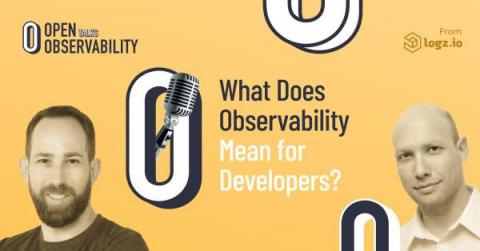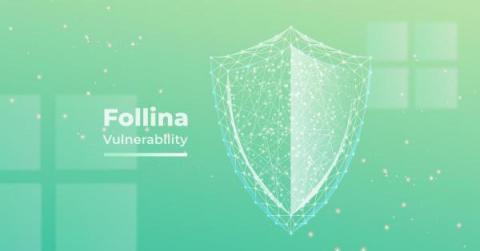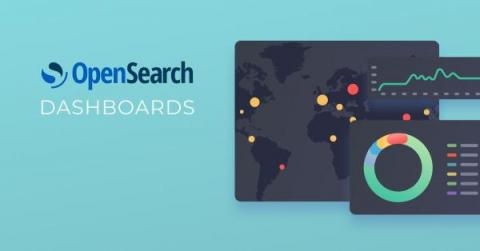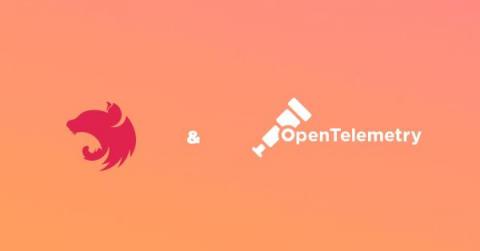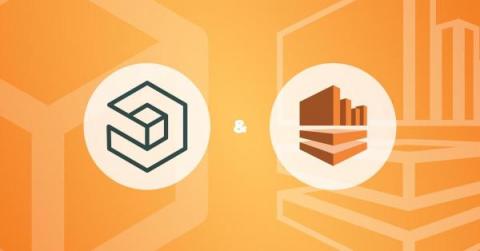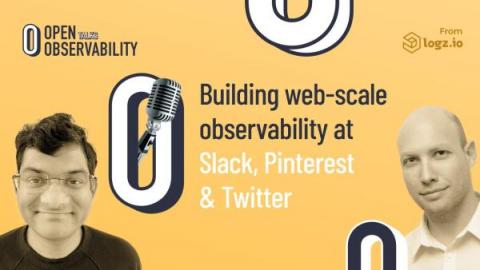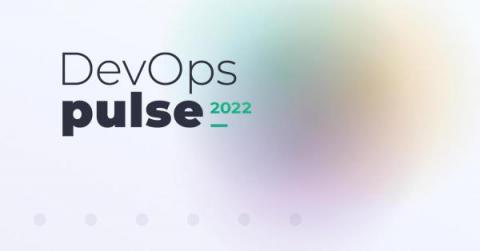What Does Observability Mean for Developers?
Monitoring is often not the first thing on the mind of the modern developer. Yet, it’s necessary at many points of the software development lifecycle, including: before deprecating an API, before launching a new feature, after launching the feature, and more. In fact, monitoring needs can vary much more than the classic Ops monitoring. My podcast guest Liran Haimovitch is the co-founder and CTO of Rookout, a live data collection and debugging platform.


